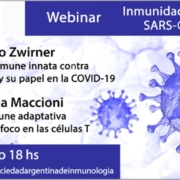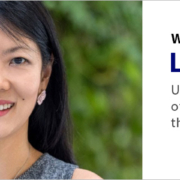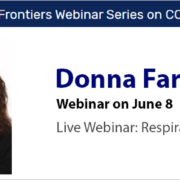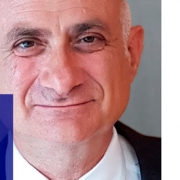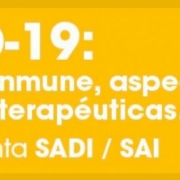Webinar: Association of COVID-19 inflammation with activation of the C5a-C5aR1 axis
Eric Vivier provides a longitudinal analysis of immune responses, including immune cell phenotyping and assessments of the soluble factors present in the blood and broncho-alveolar lavage fluid (BALF) of patients at various stages of COVID-19 severity: paucisymptomatic, pneumonia and acute respiratory distress syndrome (ARDS).
He reports an increase in soluble C5a levels proportional to COVID-19 severity and high levels of C5aR1 expression in blood and pulmonary myeloid cells, supporting a role for the C5a-C5aR1 axis in the pathophysiology of ARDS.
Anti-C5aR1 therapeutic monoclonal antibodies (mAbs) prevented C5a-mediated human myeloid cell recruitment and activation, and inhibited acute lung injury (ALI) in human C5aR1 knockin mice.
These results support C5a-C5aR1 axis blockade as a means of limiting myeloid cell infiltration in damaged organs and preventing the excessive lung inflammation and endothelialitis associated with ARDS in COVID-19 patients.



